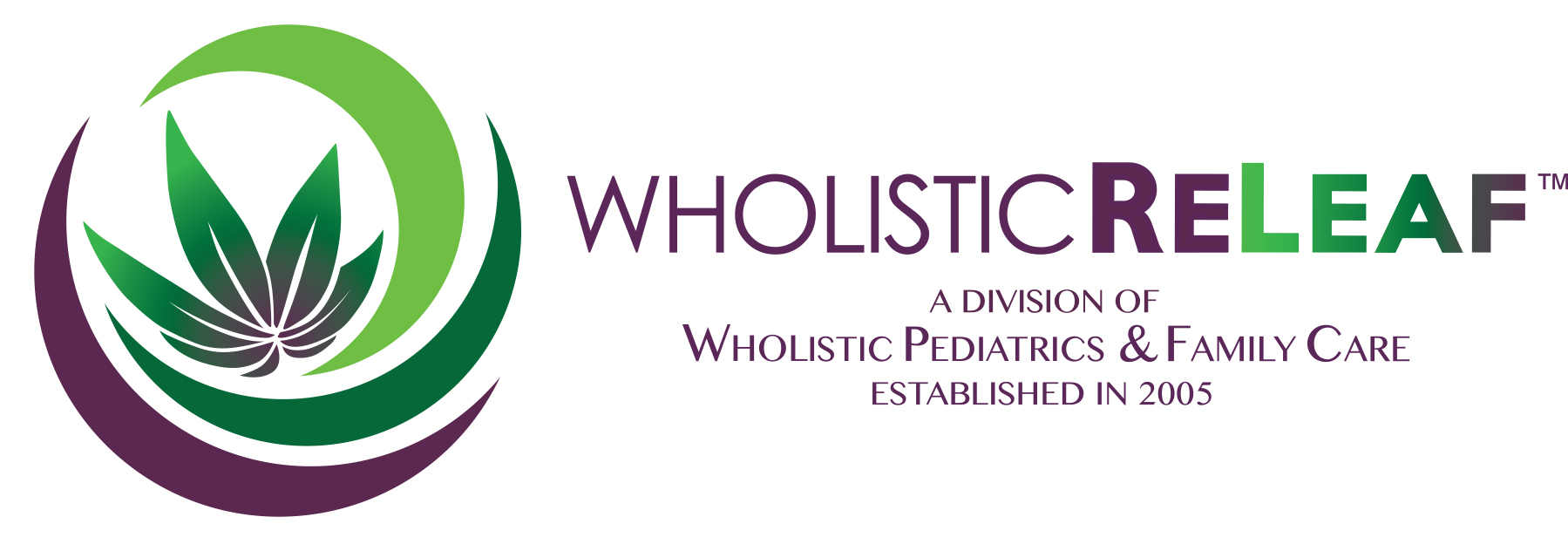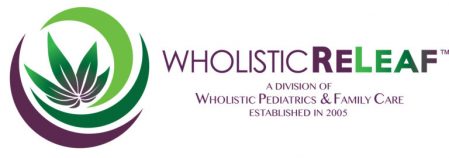I consistently get valuable feedback from my medical cannabis patients. This feedback allows us to develop more effective treatment plans for patients with varying conditions. In this blog post I discuss the various ways cannabis can be taken and how the effects may differ depending on the route of administration.
Most people are familiar with the concept of smoking cannabis. In Florida, however, smoking medical cannabis is currently not permitted. Attorney John Morgan, one of the Floridian’s who spearheaded the State’s voter-approved amendment legalizing medical cannabis, is currently suing the State over this prohibition. While I do not advocate smoking anything, be it cannabis, tobacco, or banana peels (because of the adverse effects on the lungs and circulatory system), there is a minority of people who may get the best symptomatic relief when they ingest medical cannabis by smoking the whole herb. While I counsel against smoking, I also support a person’s right to make this decision.
Vaping/Vaporizing
Inhaling cannabis through “vaping” is the fastest, legal way to get the therapeutic effects of cannabinoids. In as little as a few minutes, the effects may be noticed. With vaping, nothing is burned or combusted; rather, this involves inhaling the vapor produced by heating cannabis in a specially designed electronic device. This method works because the temperature at which cannabinoids are released into a vapor is lower than the temperature required to burn the plant.
Because vaping has such a relatively quick onset of action, it allows a person to determine if a particular dose is effective. Another inhalation can be administered 5-10 minutes later if the therapeutic effect is not strong enough.
In Florida, concentrated oils are the most commonly sold medical cannabis product used for vaping. However, it is also starting to become available as “flower,” which is ground cannabis buds sold in a tamper-proof, single dose amount.
Nasal
Nasal spray, a relatively new method of administering medical cannabis, is likely the second fastest way to achieve a therapeutic effect. This method works rapidly because the cannabinoids are quickly absorbed when they come into direct contact with the nasal lining, which is rich in small blood vessels.
Unlike many other inhaled forms, the nasal spray is a particularly good route of administration for certain patients because the caregiver does not have to coordinate with the patient’s breathing. As long as the tip of the nasal spray gets into the nostril, it is a relatively foolproof method that can be easily administered to most patients. This method is especially effective when treating children who have difficulty coordinating inhalations, such as those with autism who tend to struggle with following directions, or a patient experiencing a seizure.
Although using a nasal spray is technically not “inhaling” (inhaling utilizes the lungs to absorb the cannabinoids), if a nasal form is to be used, the physician authorizes it as a “inhaled” form in the Medical Marijuana Use Registry.
Oral
Liquids, such as concentrated tinctures, distillates, and oils, are often swallowed, as are capsules. It can take 1-2 hours for the effects of swallowed cannabinoids to set in. However, the effects typically last longer than when it is inhaled. If the liquid can be administered sublingually (under the tongue) and spread around the inner lining of the patient’s mouth, it can be absorbed on contact and get into their system much faster. Some liquids, such as tinctures, have a higher concentration of cannabinoids. The higher concentration makes it easier to use for sublingual/orally absorption since it is a smaller amount that is placed and held in the mouth. Edibles, such as candies and baked-goods that can also be swallowed, will soon bet available in Florida.
Combining Routes of Administration
Since it is absorbed quickly, some patients opt to use an inhaled route of administration at the start of the day and simultaneously take an oral form, which may become effective as the inhaled form is wearing off. Because each person responds differently to various products and routes of administration, each patient will need to determine the most effective individual treatment protocol.
Medical Cannabis Treatment Consultations
Sometimes a change in dose, strain, route of administration, or CBD to THC ratio can have a noticeable impact on a patient’s medical condition. For those who feel that their existing treatment protocol is not optimized, we offer individualized treatment management consultations. These consultations can be done in conjunction with a certification evaluation, in-between certification consultations, and even for patients who have been certified for medical cannabis use by another physician.
For more information about medical cannabis treatment in Florida, please visit our website by clicking here. Existing patients may also contact the clinic directly through their patient portal.

